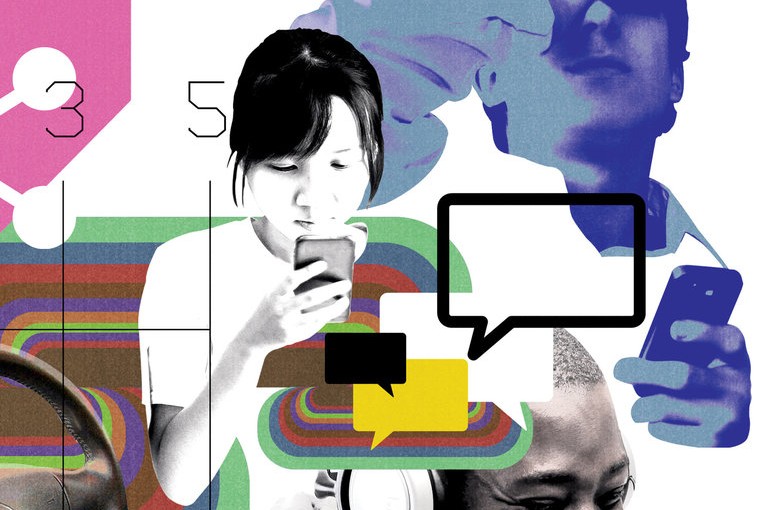By: Susan Gubar
Inside our new condo, the internet connection had failed. Two young men, sent by the cable company, had spent hours burying a cable to replace an antiquated line running into the building. As soon as they drove off, nothing worked anymore: not the landline, not the television, not the internet.
When I wasn’t on the iPhone with the cable company during the next days — punching in numbers, interminably on hold, explaining that yes, I had plugged and unplugged — I realized that I could do without the television and the landline, but the loss of the web was harrowing. I worried: How could I, as a cancer patient, manage to exist without internet access?
All of my scheduling with the research nurse in charge of the clinical trial in which I participate occurs electronically. She sends me the dates and times of appointments as well as reminders about where to go for tests; then she emails me results. Once when I was terribly ill, I texted her in alarm and she phoned my local pharmacy with a prescription that did the trick. Now my email wasn’t even working on my cellphone. We were disconnected.
Throughout seven years of cancer treatment, I had emailed my oncologist with questions. Of course I limited myself to crucial problems, but knowing that I could rely on her expertise gave me a wonderful sense of security.
To email or not to email: I suspect this must be a question in medical circles these days. If electronic messaging with patients were to become more common, how could already busy physicians find the time to read and respond? Might they have to hire staff members to deal with inquiries and wouldn’t that effectively invalidate the personal reply patients seek? And how would they pay for it?
The electronic blackout triggered withdrawal tremors not only because of the breakdown of my conduit to nurses and doctors. Like many cancer patients, I use the web as a source of health care information. Although some people eschew medical searches that can trigger uncertainty or anxiety, I consult trustworthy government- and newspaper- and hospital-sponsored sites that have helped me cope with a variety of side effects ranging from lymphedema to neuropathies. I watch YouTube videos to deal with ostomy-related crises. Whenever a new drug is prescribed, I go online to learn about its efficacy as well as its physical and economic costs, as do all the members of my support group.
Quite a few of us have also joined an electronic community of people dealing with our specific form of cancer. Linking far-flung patients and insuring anonymity, online support groups facilitate conversations about clinical trials, home remedies for common body dysfunctions and insurance quandaries. Additionally, they provide a safe space to vent.
The sort of self-reporting evident in electronic discussions and blogs may benefit patients when that information is made available to doctors. According to the American Society of Clinical Oncology, a mobile-friendly web application has been proven to extend the lives of people with lung cancer: Researchers found the patients’ self-reports more effective in monitoring disease than traditional CT scans.
When I am not reading research findings or the entries on message boards, I can turn to my feed on Facebook, to Words With Friends, or to photographs of my grandchildren. Depleted by treatment, I spend a great deal of time alone at home… alone, that is, with the internet. And even when I discover a venue where I might make an embodied difference — like a program that trains cancer patients to help educate medical students — I reach out via the computer to volunteer my services.
For cancer patients, the net effect of the internet has been empowering, it seems to me, decreasing confusion and loneliness after diagnosis.
So I was profuse with my thanks when an acquaintance disconnected the router from the TV, moved it into the dining area, and ran a line to the outside source under the kitchen door. It worked. The electronic blackout was over. I checked my email.
The next day, though, I braced for disaster: Another cable company van had pulled into the driveway.
To read this article by The New York Times in The Clearity Portal, login here.


